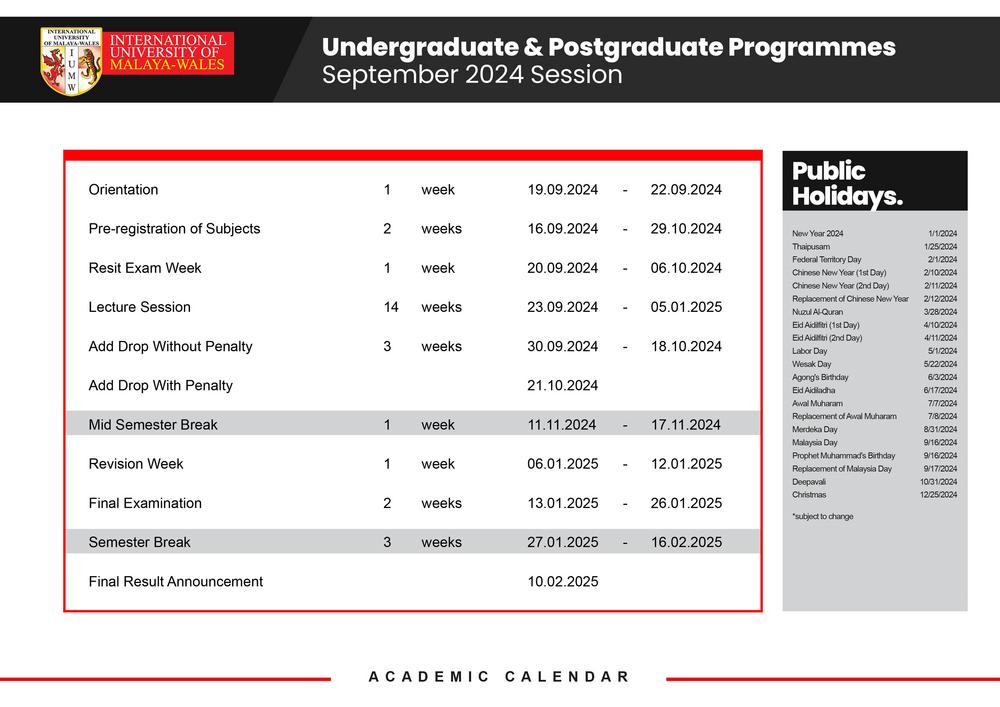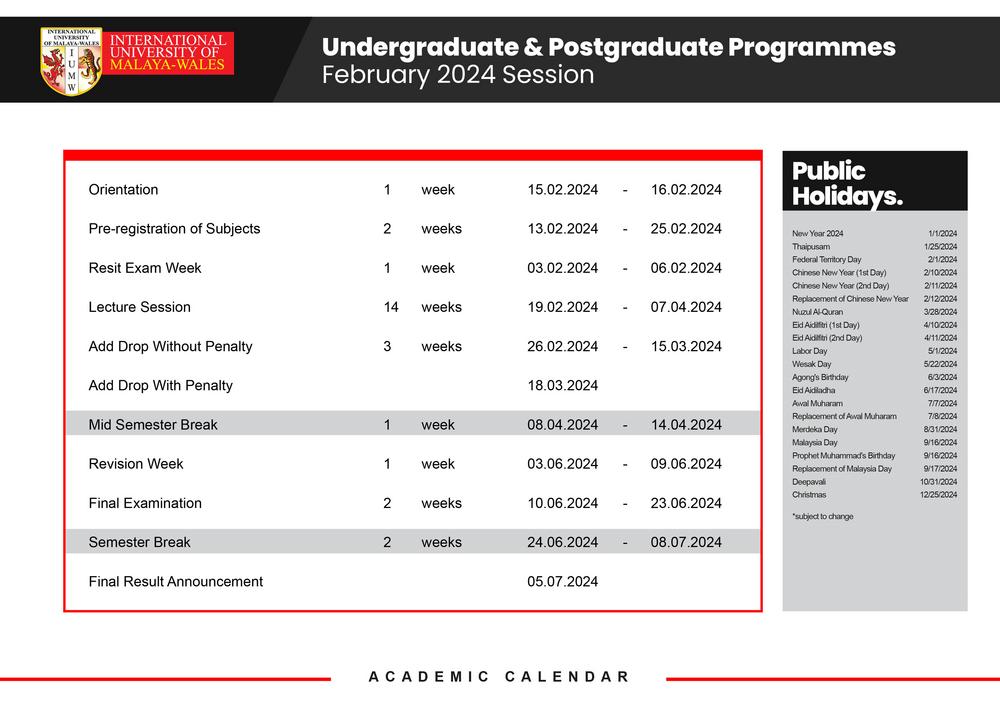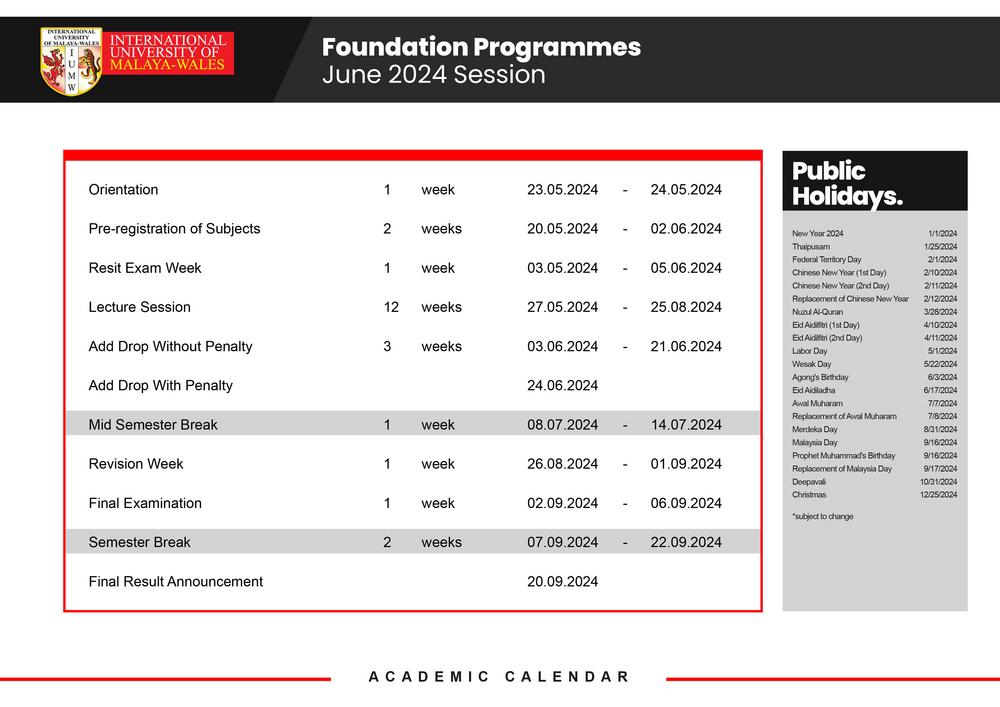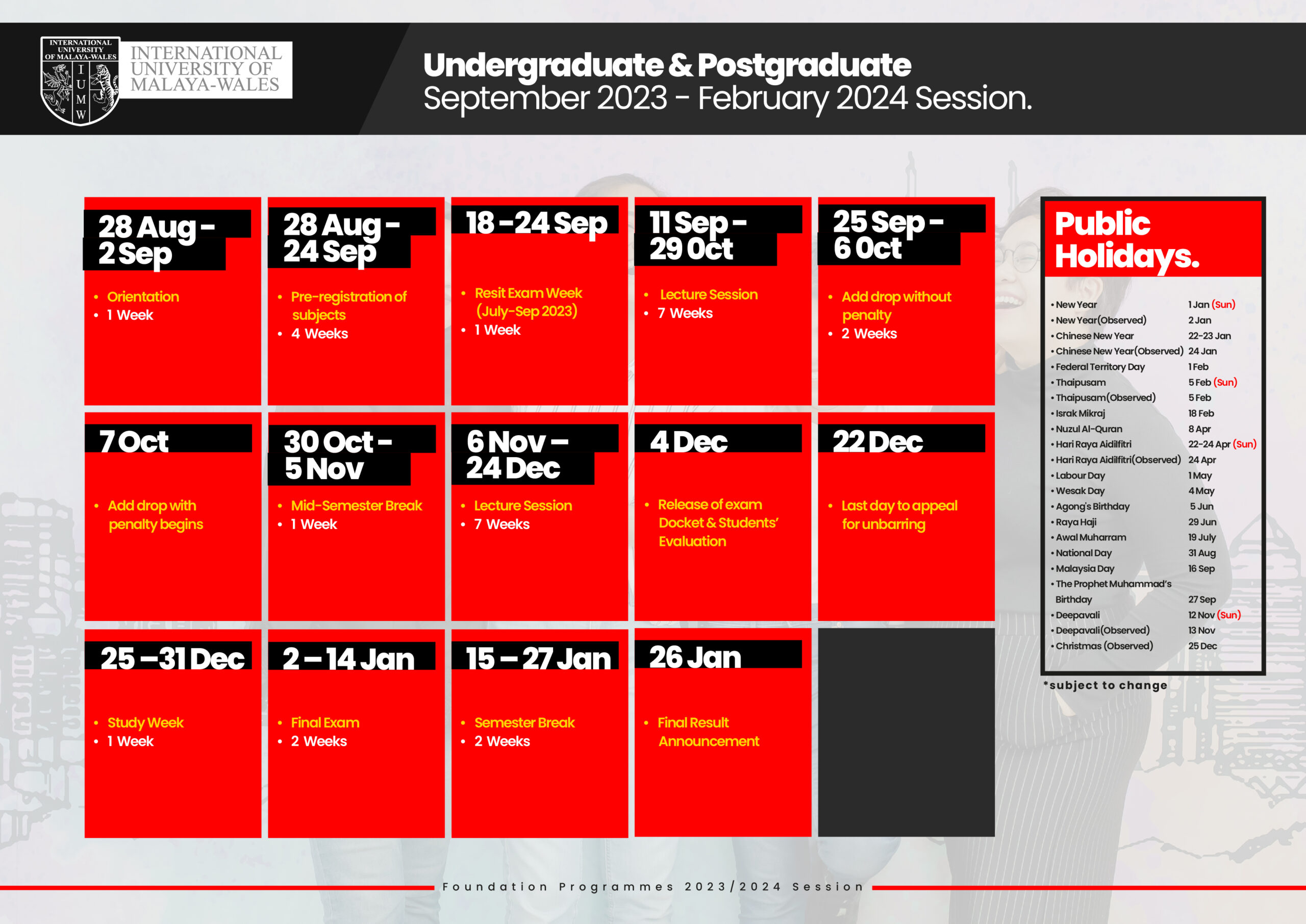By Putri Aziz
Coping with daily stress can cause many aggravating worries that can lead to greater negative effects such as depression, anxiety, mood swings and many other effects. These may be more apparent amongst students who are struggling to cope with life and studies.
Take a breather, here are a few tips for you to take a break from the stress and all things in between.
- Catching up on sleep
Sleep! Sleeping is the natural way our bodies rest after a long tiring day of work or online classes, doing everyday routine activities – and it is really important for our physical and mental health. Sleep regulates the chemicals in our brain that help transmits data; pivotal to encourage us to have stable moods and emotions. Good quality sleep = better mood and body health.
- Eat well
Yes, eat your veggies just like our parents told us to do. Eating well isn’t just important for our bodies, but it’s also important for our brain. It is known that a mineral deficiency of iron and vitamin B12 deficiencies has the potential to give us a low mood. So, if you need a little serotonin boost, try to eat a balanced diet. If you find you’re a particularly stressed or anxious person, you should try limiting or cutting out caffeine as this can potentially make you feel jittery and anxious.
- Get plenty of sunlight
Just because you’re at home doesn’t mean you can’t bask in a bit of sunshine! Sunlight is known to be a great source of vitamin D — which is a really important vitamin for our bodies and our brains. Basically, a natural mood booster! Go out in the sun when you can, but make sure you keep your skin and eyes safe by wearing appropriate clothes and a pair of sunnies — if need be. Between 30 minutes to two hours a day of sunlight is ideal. Let the sunrays brush against your skin for a bit and your mind and body will thank you!
- Do something you enjoy
Take some time away from the stress! You deserve to unwind your body and mind too. Try to include some fun or relaxing activities into your routine! Allocate some time for you to go for a walk, do some painting or watch a TV show, try to set aside time to enjoy yourself. If you constantly put off the things you enjoy doing, it might affect your mental health in the long run. Keeping a good life balance between working hard and having fun is key to optimum mental health.
- Manage stress
Being at home for too long can cause stress that stems from frustration and burnout from day-to-day life. Getting your life sorted and organised by making a list would also greatly help you to manage your responsibilities and worries. Often if you break down your worries and stresses and write them down, you’ll realise that they’re manageable. Avoid burying your head in the sand for hours on end, and tackle problems face on. Practice the 1-minute breathing exercise whenever you can to ease your mind a little.
- Connect with others and be sociable
In today’s pandemic, keeping in touch with family and friends is vital. Try to maintain good interpersonal relationships and talk to people whenever you have the opportunity. When you feel a little low, your loved ones will be there to support you. Research has found that spending ten minutes with others can improve memory and test scores. How cool is that!?
Mental health matters. The International University of Malaya- Wales (IUMW), helps virtually support students throughout their time at university. If you’re struggling with emotional difficulties like anxiety or low mood and think you need support, you can seek help from our registered counsellor. The Counselling Unit and the Peer Helpers team who are students from Bachelor of Science (Honours) in Psychology at IUMW are free and confidential services available to all IUMW students. Counsellors and Peer Helpers are trained in human behaviour and understand the importance of confidentiality.
To book a session with IUMW’s Counselling Unit do click HERE. If you’re interested in mental health, you can find out more about the Bachelor of Science (Honours) in Psychology programme HERE







































